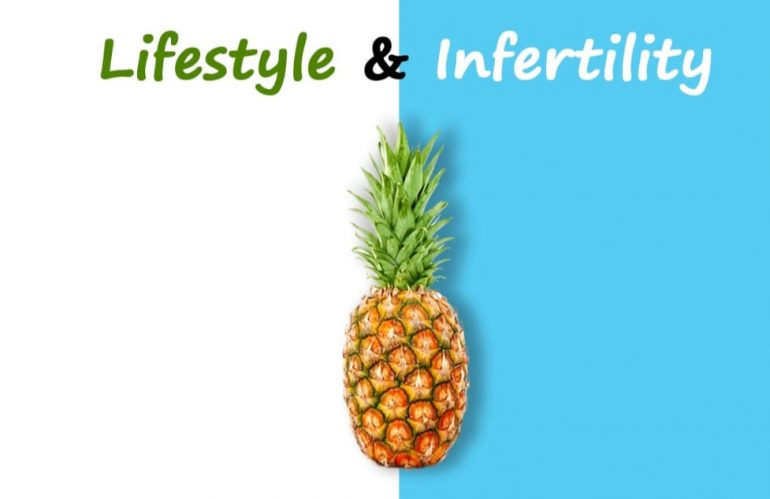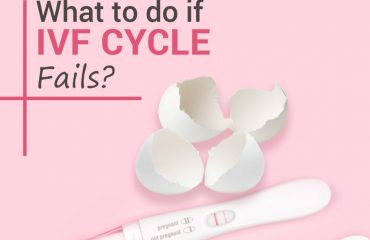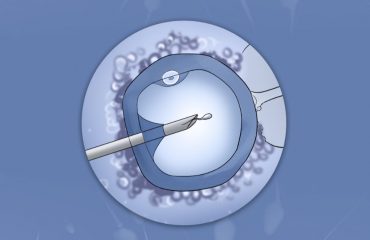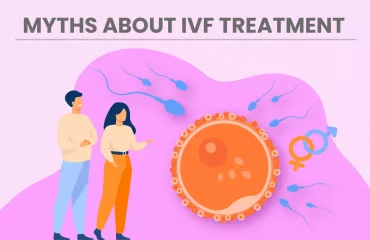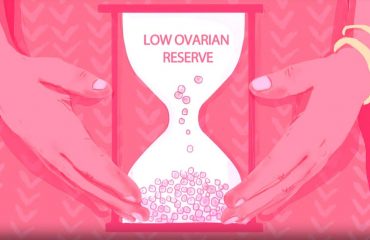Lifestyle and Infertility
In this fast-moving life, it’s often difficult to keep a track of time and establish a healthy lifestyle. Inculcating healthy eating habits, consuming high nutrition food, exercising daily, and keeping a track of every small or big change which the body experiences, is not always possible. The impact of the same can be witnessed on fertility and childbearing as fertility requires the sperm and eggs to be very healthy.
Some of the factors which directly influence the health of eggs and sperm are listed below.
Age: A natural decline in the egg count is caused due to age. As women age, both the sperm and the eggs lose the quality to form an embryo that can implant and create normal offspring. Additionally, a poor diet with poor lifestyle habits can further worsen this condition, in fact, it can even lead to poor egg and sperm quality in younger individuals. If one wants to delay the pregnancy planning, then the couple gets their fertility assessment done. If the ovarian reserve is less, or the semen count is less, then one should plan the pregnancy in time. Otherwise, there could be a decline in fertility due to the delay.
Diet and supplements: Diet modifications can be very helpful and also fulfill the missing elements from daily nutrition. In the human body, testicles and ovaries need a good blood supply, which can bring more nutrients, oxygen, and hormones, which optimizes their functions. The potent oxidants increase with age and get accumulated from consuming foods that are cooked at high heat such as grilling or barbecuing and even with higher blood sugar levels, similar to obesity or excessive sugar consumption. Flaz seeds, nuts, fish, are a good source of Omega 3 fatty acids which improves fertility. Fresh fruits and salads are full of antioxidants.
Excess body weight: Ovulation can be highly affected due to obesity. The weight not just decreases the chances of pregnancy but also increases the chances of miscarriage even though a woman is ovulating. Excessive weight or obesity is a factor that should be attended while the first start to attempt conception is planned. The chances of success will be higher; in case any fertility treatments are done. The pregnancy will be less complicated and the health will be better for the coming years.
Smoking: Tobacco consumption in any form has a high adverse effect on both sperm and egg quality and can even lead to miscarriage. When a female smokes heavily, the natural fertility decreases, and the chances of getting a successful pregnancy with IVF are reduced by 50%. In fact, secondhand smoking was found to have a similar effect on the results of IVF compared with smoking. The effects of smoking can be seen not only on egg quality but also the recipients who tend to smoke have a significantly lower pregnancy rate.
Alcohol: Alcohol is known to reduce fertility in both the partners and its intake by the male can increase chances of miscarriage. In one research, small amounts of caffeine and alcohol appeared to have additive or even synergistic effects on the female body. Moving ahead with most adverse life choices, its effects appeared to be higher with the more advanced procedure of IVF. Hence it is advisable for couples, who are just planning conception, avoid alcohol to have a higher chance of being successful.
Endocrine disruptive factors in the environment: Plastic which has phthalate and pesticides which have organophosphorus tend to decrease fertility in men and women respectively.

